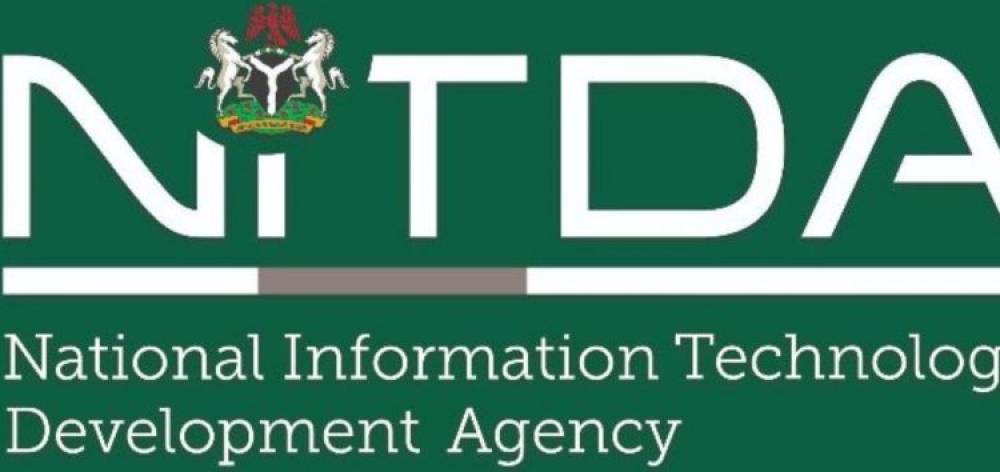
‘An Enemy Of Progress’- Nigerian Tech Community Slam ‘wicked’ NITDA Bill
‘An enemy of progress’- Nigerian tech community slam ‘wicked’ NITDA Bill
Reactions to the proposed amendment to the NITDA Bill that was leaked to the public have remained strong, with members of the technology community strongly opposing it.
According to the bill's details, technology companies operating in Nigeria will be required to obtain a license from NITDA and pay pre-tax profit levies. Startups and their founders/employees that violate the new act's provisions face stiff penalties and possible jail time.
NITDA will issue three types of licenses: product licenses, service provider licenses, and platform provider licenses. However, the bill does not specify what the three categories entail, the requirements for obtaining licenses, or how startups will qualify for them.
According to the proposed Act's provisions, startups with an annual revenue of N100 million ($200,000) will be required to pay a levy of 1% of their profit before tax. This levy would be used to fund the country's National Information Technology Development Fund, which would be used to advance the country's digital economy goals.
The leaked bill states that "any person or body corporate that operates an information technology or digital economy service, product, or platform in violation of the provisions of this Act commits an offense."
Individuals found guilty will face a minimum fine of N3 million or a year in prison, or both. Corporate entities found guilty will be fined at least N30 million, while their executives may face up to two years in prison.
Subject to a court order, the NITDA will also be empowered to "enter premises, inspect, seize, seal, detain, and impose administrative sanctions on erring persons and companies that violate any provision of the Act."
Startups and individuals who obstruct NITDA personnel from performing their duties will face minimum fines of N3 million and N30 million, respectively.
The tech community responds
All of these have riled up members of the tech community and the general public, who are expressing their displeasure in vehement terms. Eche Enziga, an angel investor and former Flutterwave employee, described the bill's sponsors as "enemies of progress."
“I am no longer surprised by anything the Buhari administration does. This NITDA bill is exactly what you would expect from a staunch opponent of progress,” he stated.
While expressing his disappointment, former Andelan and cofounder of Eden Life, Prosper Otemuyiwa, advised Nigerian tech entrepreneurs to build for the global market. He also expressed his delight that 80 percent of tech startups in Nigeria are incorporated abroad, as this would mitigate the proposed bill's 'wicked' effects.
“If someone consistently demonstrates wickedness toward you, simply block them and build elsewhere,” he advised.
Idris Abubakar, a technology journalist, detailed the various roadblocks that the government and its agencies have erected for tech companies, and one can't help but wonder how the sector is supposed to thrive in the face of all of this.
Despite its enormous market size, Nigeria is proving to be a difficult environment for technology companies. The Lagos state government imposed a blanket ban on bikes in February 2020, effectively crippling bike-hailing companies. Additionally, the same government enacted a taxi-hailing policy that has been characterized as extortion rather than regulation.
The Central Bank of Nigeria (CBN) issued a directive prohibiting banks from facilitating crypto transactions in February 2021, severely crippling the operations of crypto startups. It would later prohibit fintechs from using the Bank Verification Number (BVN) for KYC verification.
The Federal Government suspended Twitter's operation in June after the microblogging platform deleted a tweet by President Muhammadu Buhari that violated Twitter's terms of service. It has remained prohibited ever since, and while there have been discussions about lifting the prohibition, nothing concrete has occurred.

